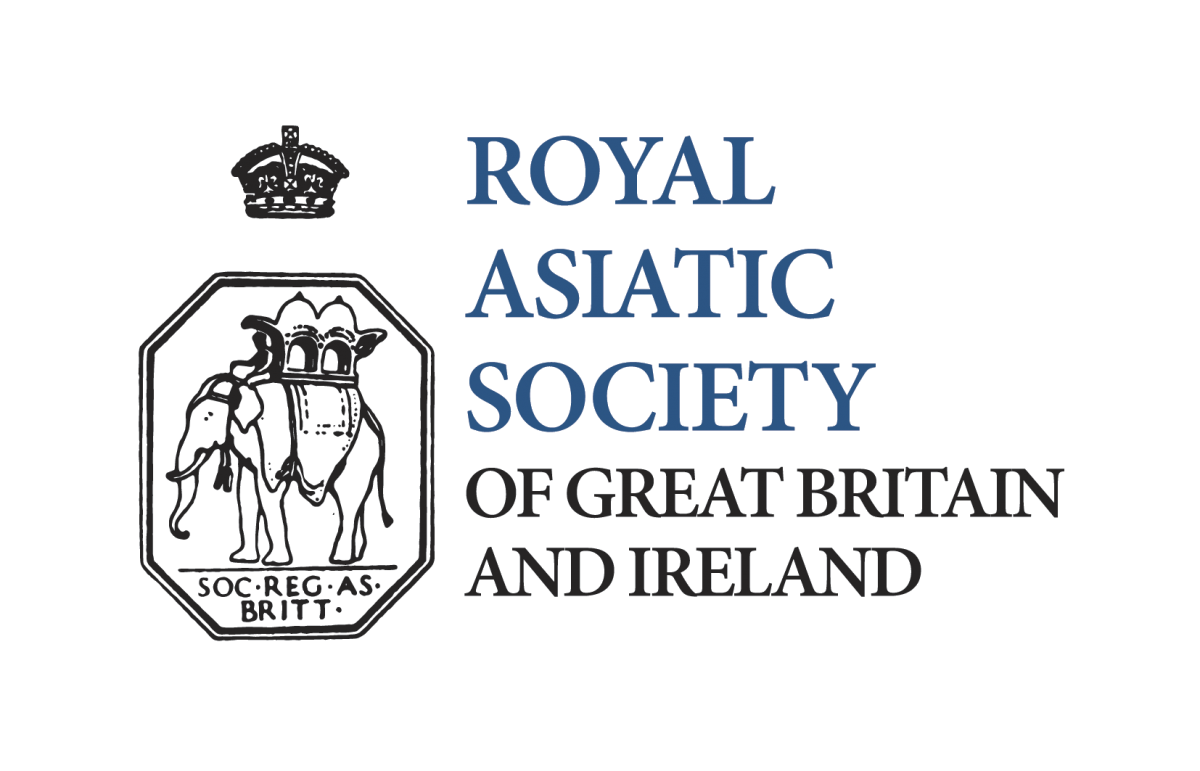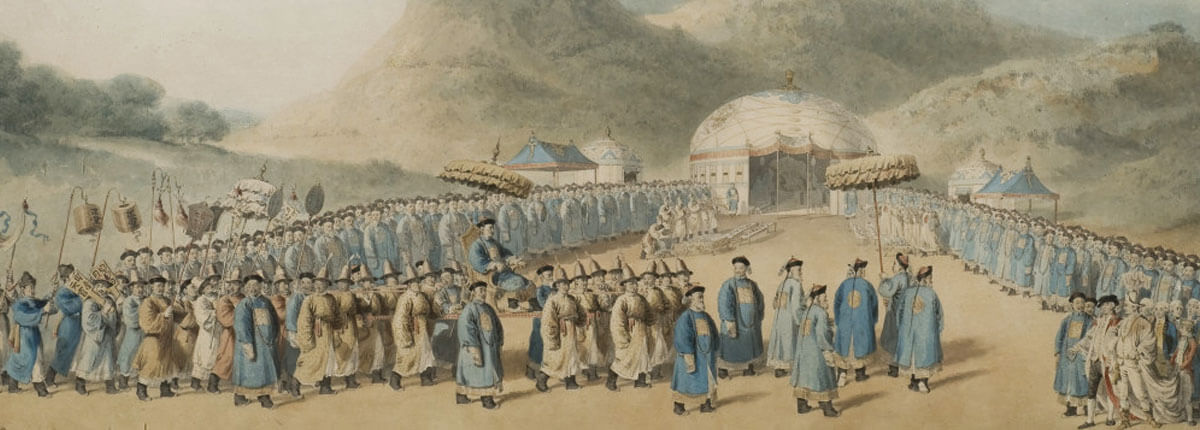Anniversary General Meeting in the virtual world
Last Thursday evening (22nd October), the society held its Anniversary General meeting, celebrating 197 years of its existence. For the first time in the society’s history, this meeting was held virtually due to the Covid restrictions that are currently in place. However, thanks to the hard work of Alison Ohta, Matty Bradley and Camilla Larsen, the event ran smoothly and was well attended.

President Anthony Stockwell opened proceedings before handing over (virtually) to the Treasurer, Lionel Knight, to give his report. The Treasurer went through the accounts of the society, mentioning some of the financial activities in more detail. This was followed by the President’s report where he highlighted the many achievements and activities of the society in the past year and how it has adapted to new ways of working under Covid.
The address that President Anthony Stockwell gave in the meeting can be read below:
From May 2019 to mid-March 2020
Cast your mind back some 18 months to the last AGM held on the 9th May 2019. It did not mark, as it may have done in years gone by, the start of a long vacation, a ‘summer recess’. There were more lectures on the card to be enjoyed, followed by the first and very successful summer school on the Silk Road conducted by Dr Susan Whitfield and, of course, essential house-keeping before the programme for 2019-20 would get underway in September.
As has become the norm, 2019-20 was brimful with events – 26 on the card to which others, such as book launches (for which 14 Stephenson Way is now a popular venue) would be added as the year unfolded. I have time only to linger on one or two of these events, notably, the award last October of the Bayly Prize for the second year running. The Bayly Prize, you will recall, was established both to commemorate the life and scholarship of the late Sir Christopher Bayly and to provide the means for a competition whereby an outstanding PhD thesis submitted to a UK university on an Asian topic would be converted into a book. As in 2018, so in 2019, the prize was keenly contested. As in 2018, the panel of judges consisting of internationally renowned scholars were greatly impressed by the quality of the submissions. On the 29th October, Lyndal Roper (Regius Professor of Modern History at Oxford) announced the result at a reception held at the Society. The winner was Lexi (Alexandra) Stadlen of the LSE for her thesis, ‘Weaving lives from Violence: Possibility and Change for Muslim Women in West Bengal’. I should add, that although the pandemic has disrupted arrangements for the 2020 award, we intend to announce the winner at a celebration (either at the Society or virtually) in early January 2021.
In addition to sponsoring the Bayly prize, the Society has its own monographs programme. Three important works were published in the year under review: Islamic Movements in India: Moderation and its Discontents, by Arndt-Walter Emmerich, The Making of the Islamic State by Brian Ulrich, and The Early Ottoman Peloponnese, by Georgios C. Liakopoulos (in the Ibrahim Pasha series with Gingko Library).
Returning to the 2019-20 calendar and scrolling down the list of events I must pause at 12 March. That evening Christopher de Ballaigue lectured on ‘The Islamic Enlightenment’. For me it will remain memorable for two reasons. First, as a tour de force delivered without notes, without repetition and without hesitation. And second, it was the last lecture in the 2019-20 programme to be delivered at Stephenson Way.
From mid-March 2020 to 22 October 2020
The following week the Society, together with the rest of the country, went into lockdown. The first casualty was the Collections Open Evening billed for 17th March – always a popular ‘show and tell’ occasion when conservators, volunteers and placement students have the opportunity to speak about the origins and significance of objects in the Society’s collections. One by one, other events were postponed indefinitely, notably: the presentation of the Society’s Medal jointly to Professors Carole and Robert Hillenbrand billed for 16 April and the Anniversary General Meeting scheduled for 14 May and subsequently deferred to this evening. Our lecture list in ashes, Dr Ohta seized the moment. Zoom lectures notably from RAS Beijing and elsewhere have more than filled the gaps and increased public interest in the Society.
With 14 Stephenson Way closed, the Society’s staff either worked from home or were furloughed. In regards to committee and Council meetings, initially but laboriously we conducted them by email until moving to the sunny, if occasionally misty, uplands of Zoom. Staff returned to Stephenson Way in mid-June. On the 23rd June the Library opened to readers initially for one day a week and by appointment only. Notwithstanding eagerness on the part of our invaluable volunteers to resume their projects, we have had to defer their re-admission for the time being.
Working from home in the first phase of the pandemic, the Librarian, Ed Weech, and Archivist, Nancy Charley, fielded enquiries from both the Fellowship and the public. Their regular blogs about, say, a significant anniversary or a recent acquisition attracted considerable interest. So, too, did the Society’s digitised manuscripts. During the period from April to August there were 4,650 visits from 3,460 users who between them viewed almost 17,000 pages. To put these figures in perspective, they amounted to almost double the number for the same period in the previous year. 30% of the visitors to the digital library came from the USA and UK, another 30% from India, Malaysia and Indonesia, whilst the remainder were more thinly spread. As Nancy catalogued the Society’s archives, she placed them on the Archives Hub. The Archives Hub identifies, locates and describes thousands of collections currently held by several hundreds of institutions in the UK. So far 60 catalogues of our archives have been listed on the Hub.
Before moving on from Library and Archives, we should congratulate Ed on the successful defence of his PhD thesis, ‘Lineage and Legacy: Thomas Manning and the British Study of China 1800-1830’, and thank Nancy who, after 6 years as the Society’s first professional Archivist, resigned in September in order to focus on writing. Nancy’s second collection of poems, How Death Came into the World was published earlier this year. The title of her final blog for the Society was, ‘Much achieved, much still to be done’. We were very grateful to Nancy for remaining in post a little longer to induct her successor, Emma Jones, whom we warmly welcome to the Society.
The Society’s historic prizes – notably the Society’s Award (formerly Gold Medal) and the Burton Medal – are generally presented in recognition of life-time achievements. In recent years we have turned the spotlight upon emerging scholars, hence the Bayly Prize. Thanks to a generous donation from Professor Peter Frankopan, the Society has established a new prize to be named the David Morgan Prize, in commemoration of and in gratitude for David’s immense contribution to scholarship. Professor Morgan, who died in October 2019, had been editor of the Society’s Journal from the mid-1980s to the start of this century and was renowned in particular for his research on the Mongols. The David Morgan Prize will be awarded to an early-career scholar for an outstanding article published in the JRAS. These are difficult times for academic journals no matter the discipline. The editorial team has been reinforced with the appointment of Dr Weipin as Associate Editor and the David Morgan Prize will add much to its allure.
Early forward-planning has meant that we remain on course with preparations for the Society’s two hundredth anniversary in 2023. Peter Collin has completed his fascinating prosopography of the founders and early members of the Society. Dr Norbert Peabody and Yale UP are working closely together on the production of the three-volume edition of James Tod’s Annals and Antiquities of Rajasthan. I should add that in March this year Dr Peabody was presented with the Colonel James Tod Award by the Udaipur-based Maharana of Mewar Charitable Foundation.
None of this would have been possible or will be possible without our innovative and indefatigable staff: Director Dr Ohta and ‘team Alison’. We also thank those members of Council who are standing down at the end of their term and those Fellows who, notwithstanding many other calls on their time, have accepted nomination in their place.
Finally I would like to congratulate Mr.Syed Afsar Uddin a Fellow, who recently received an MBE in the Queen’s Birthday Honours for his services to education and the community in Tower Hamlets.
Tony Stockwell
New date for the collections evening
With President Anthony Stockwell mentioning the cancellation of the collection’s evening in March, we thought it would be the best time to share with you all that the event has now been rescheduled for the 25th November over Zoom. More details of the event will be shared in due course but it will be an opportunity to hear about some of the exciting work that has been carried out across the society’s collections by some of our former placement students. Please keep checking our website and social media channels where further information will be released shortly.

Aap Beeti book launch
A reminder that the book launch of Aap Beeti, the autobiography of Mohinder Singh Randhawa is taking place this Saturday (31st October) at 11:30 am (UK time) on Zoom. Please email Matty Bradley (mb@t-creative.com) by the end of today (29th October) if you would like to attend. We look forward to seeing many of you there!

